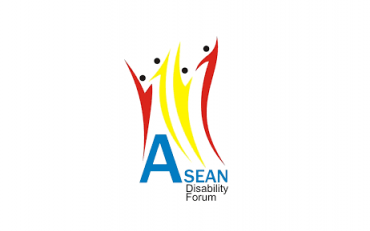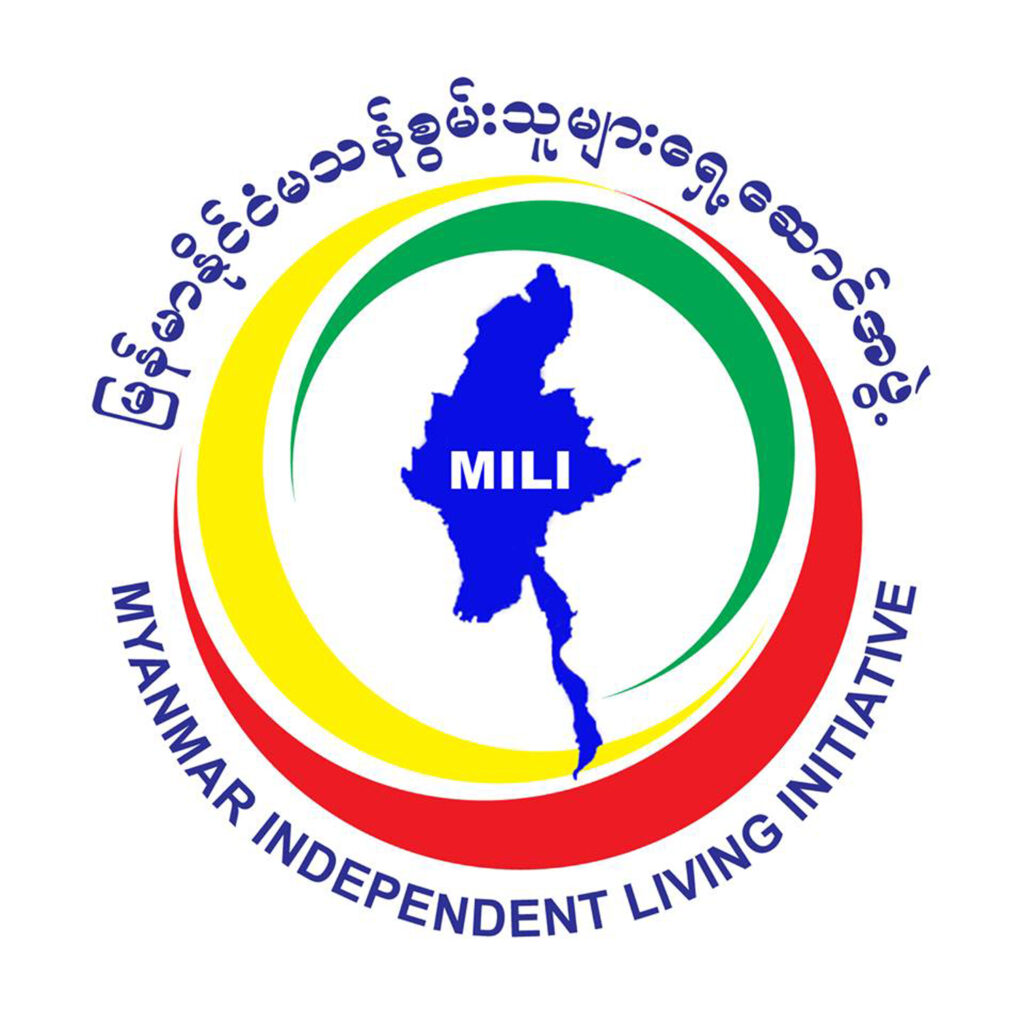To strengthen the capacity of Social Health Protection (SHP) professionals in Asia, a Master’s Program in Primary Health Care Management and Social Health Protection has been launched at Mahidol University, Thailand, under the umbrella of CONNECT.
With support from the International Labour Organisation (ILO), the ASEAN Health Institute for Health Development at Mahidol University, Thailand, has developed and launched an innovative 1-year Master’s Degree in Primary Health Care Management (MPHM) and SHP to enhance the capacity of SHP practitioners in the region. The specialized program officially started on the 10 August 2020, after a 4-week online induction workshop
The course structure builds on a pre-existing Master’s program launched at Mahidol University in 1986, which focuses on managerial and leadership skills for public health care professionals. To meet the growing demand for long term and in-depth training on SHP, the adapted program has been supplemented with a special track to guide students on the design, financing, implementation and evaluation of SHP policies and systems.
Enhanced capacity in this field of SHP is crucial. In low-income countries, approximately 90% of citizens lack financial protection against catastrophic health expenditures. South East Asia is in fact the region that accounts for the highest percentage of people impoverished by out-of-pocket health spending in the world.
The revised MPHM is geared towards junior/mid-career level social protection and public health professionals, as well as policy makers and staff from relevant public institutions, the course aims to equip practitioners and decision makers with the knowledge and skills necessary to strengthen existing SHP systems. As well as covering the core principles of SHP, specific modules on financing, provision and purchasing and governance and management will be offered, through which topics such as coverage extension, global policy frameworks and contracting will be explored.
The specialised content has been devised in alignment with ILO standards and principles under the framework of Connect- a regional SHP knowledge hub bringing together a network of experts across Asia and the Pacific, for South-South cooperation. Established with support from the ILO, the purpose of Connect is to facilitate knowledge development, capacity building and cross technical assistance to advance progress towards Universal Health Coverage in the region.
The newly launched MPHM constitutes a defining achievement of the initiative. In addition to hosting the course, Mahidol University’s ASEAN Health Institute for Health Development is one of the founding partners of Connect. Other founding members include Thailand’s Health Systems Research Institute (HSRI), the Health Strategy and Policy Institute (HSPI) in Viet Nam, the Korea Institute for Health and Social Affairs (KIHASA) and Seoul National University.
Connect, and through it, the MPHM, was successfully developed through a close and continuous collaboration between the ILO and all its partners, as part of the Government of Luxembourg funded Project, “Support to the Extension of Social Health Protection in South East Asia”. With a country level focus on Myanmar, Lao PDR and Viet Nam, the Project aims to ensure that efficient, accountable, sustainable and gender responsive SHP is delivered with increased coverage in its target countries. This is achieved through wide ranging capacity-building interventions and the promotion of evidence based policy reforms.
The development of the MPHM is instrumental to the Project’s objectives. To promote uptake of the program and broaden accessibility for applicants in target countries, the Project provides full scholarships, which cover fees, living costs and travel expenses for 6 qualified candidates from Lao PDR, Myanmar and Viet Nam. Recipients of the fellowships are made up of government officials working on SHP schemes in their respective countries. The expectation is that they will return to their posts after completing the MPHM and apply the insights and expertise they gain from the course to benefit SHP systems in their home countries.
The knowledge and capacity of those working on the ground to develop and implement SHP systems will pave the way forward for the Project’s target countries, each of which are at different stages along their path towards Universal Health Coverage.
As specified by target 8 of Sustainable Development Goal 3, achieving Universal Health Coverage is paramount to ensuring healthy lives and well-being for all. The promotion of education, research and knowledge sharing will empower practitioners in low and middle-income countries with the tools to make meaningful progress towards this goal.
The launch of the MPHM marks a key juncture in this journey for South East Asia and may well inspire other research institutions around the world to follow suite.



